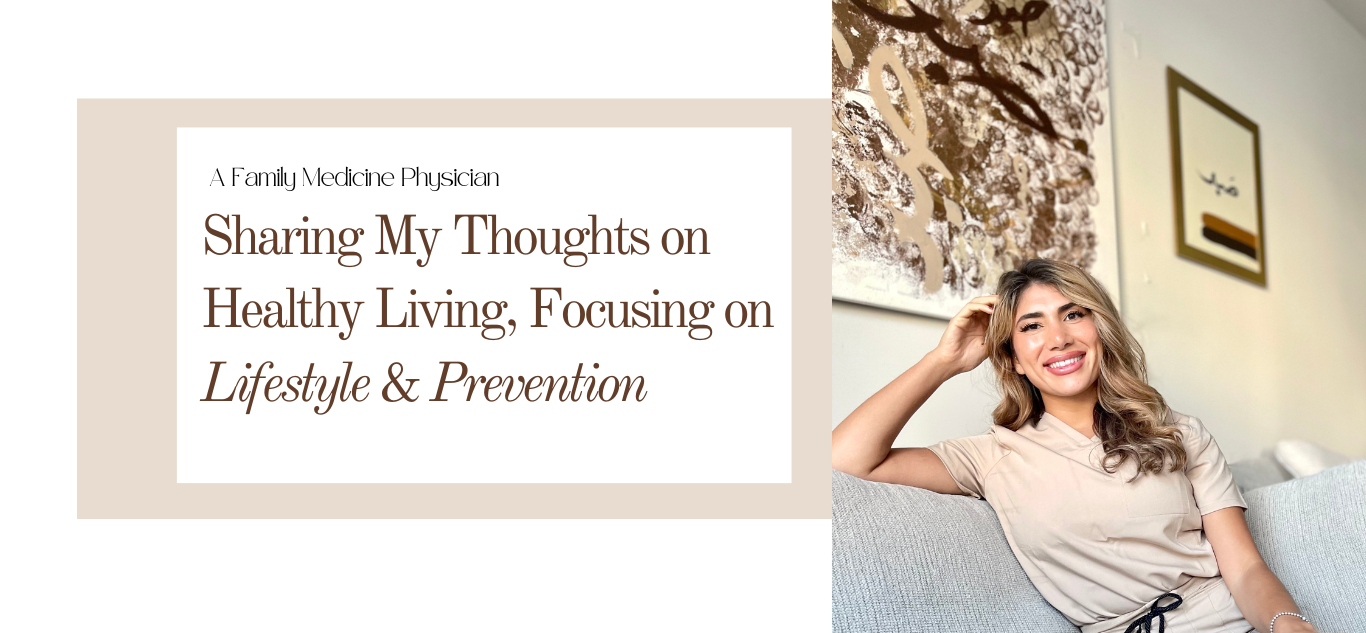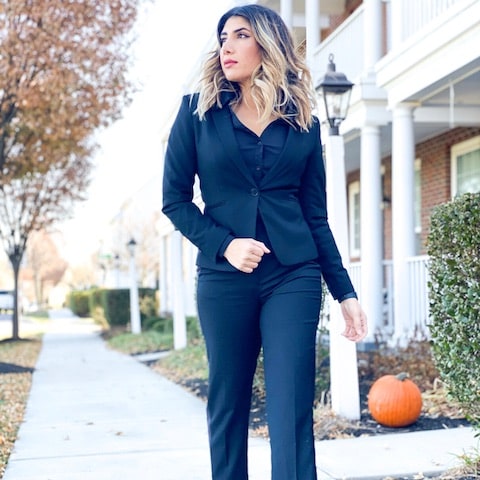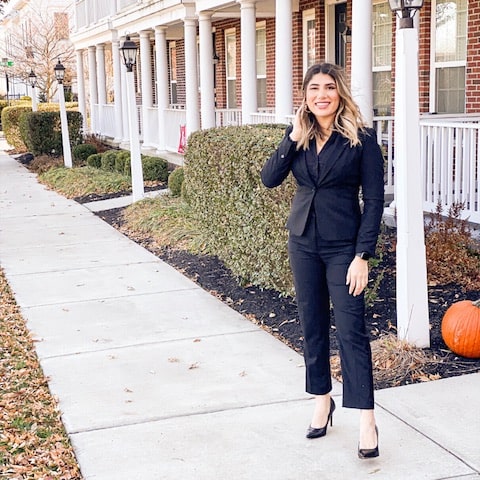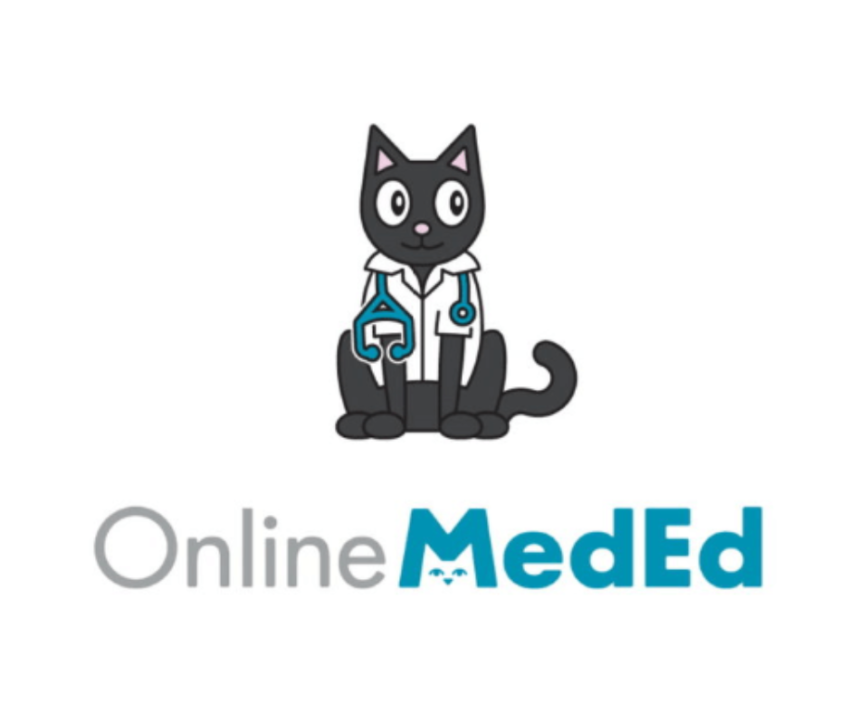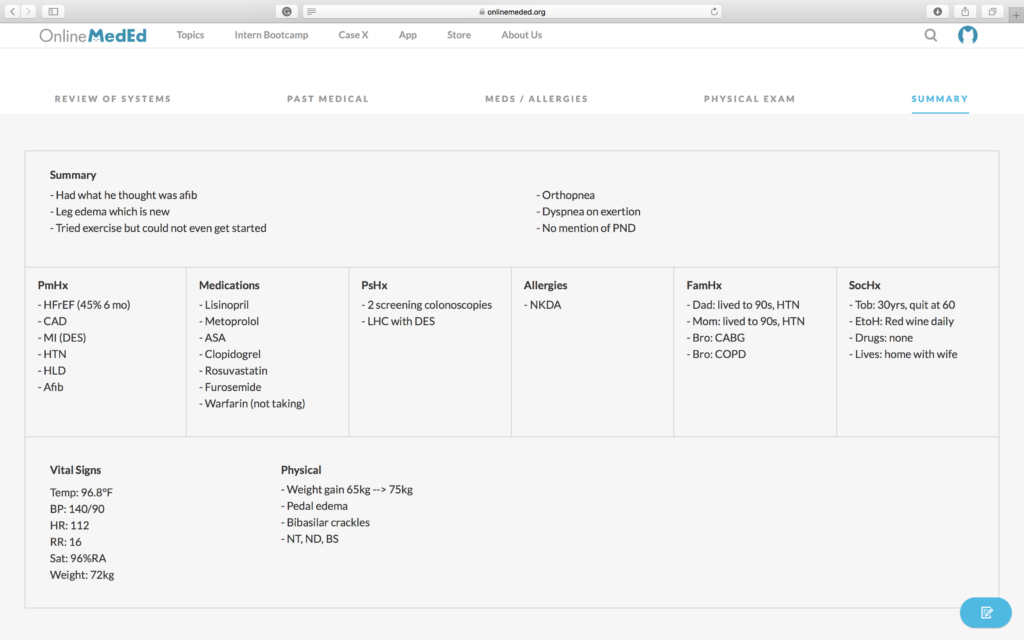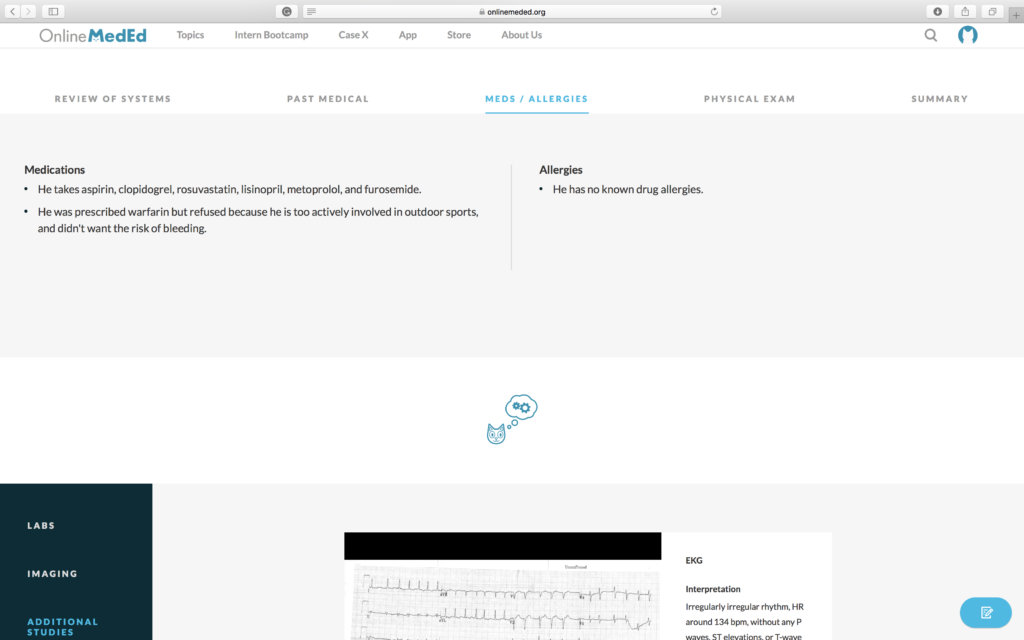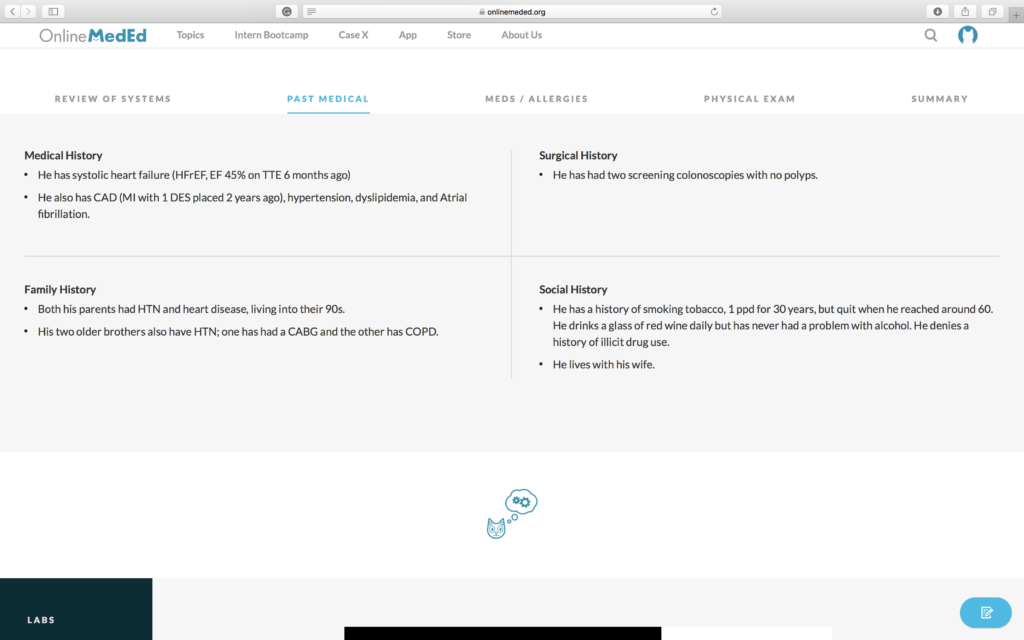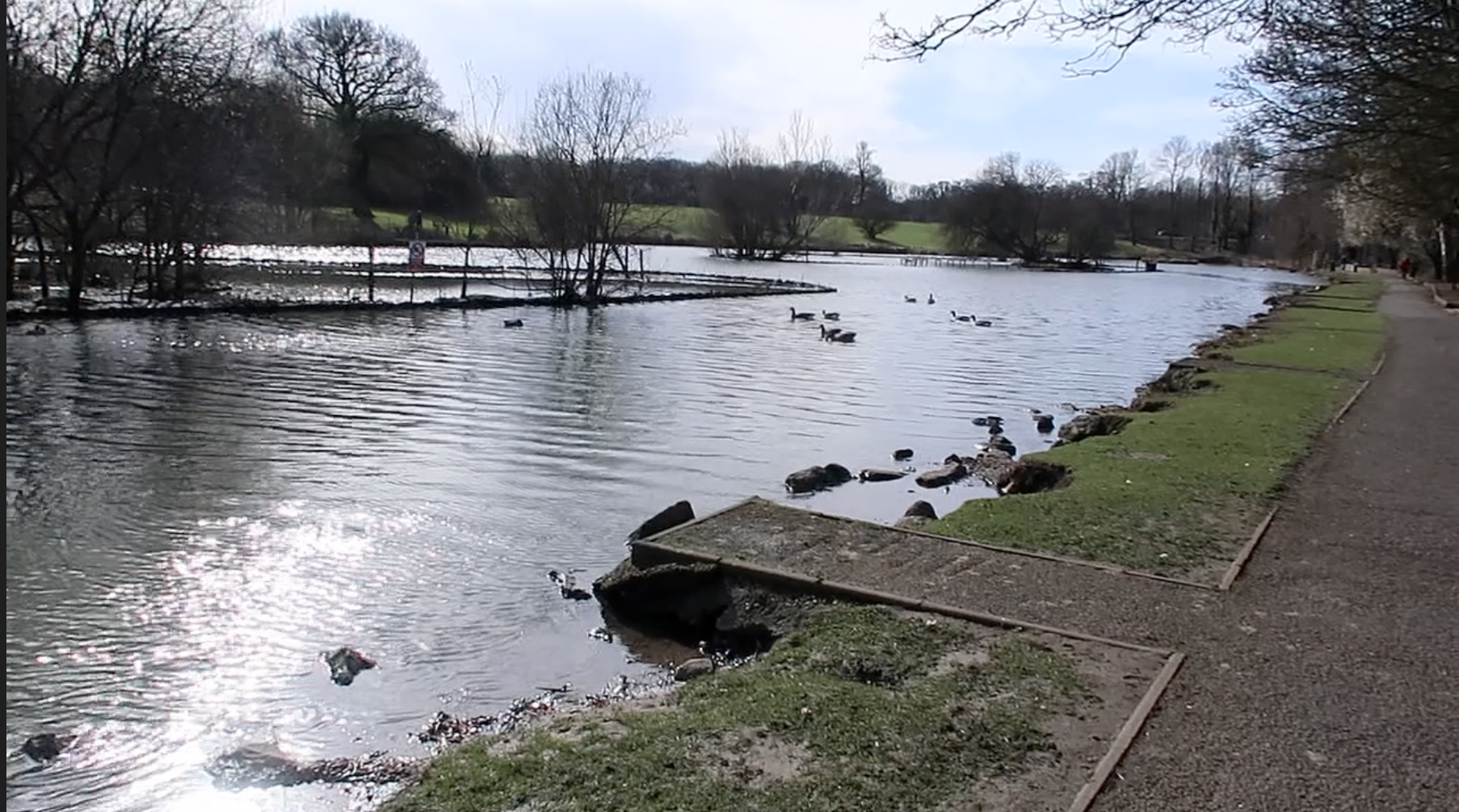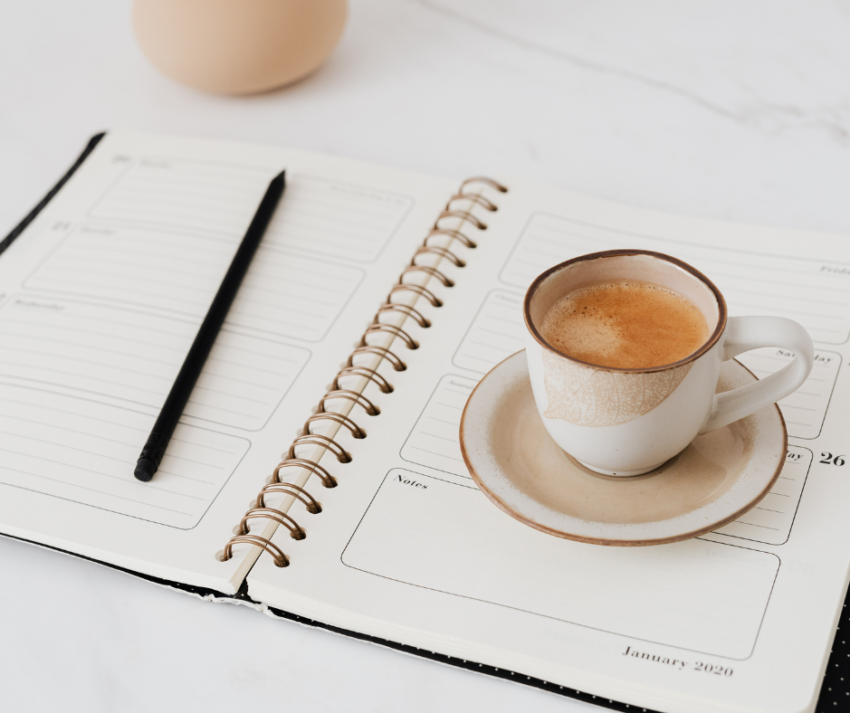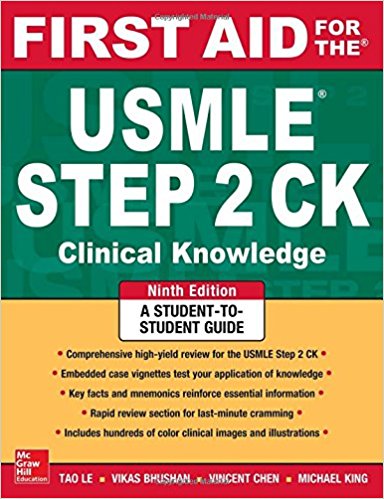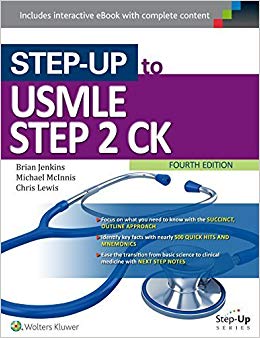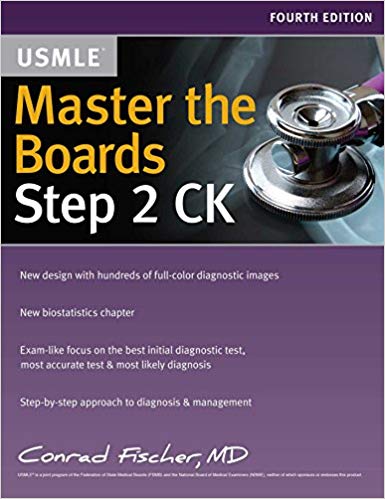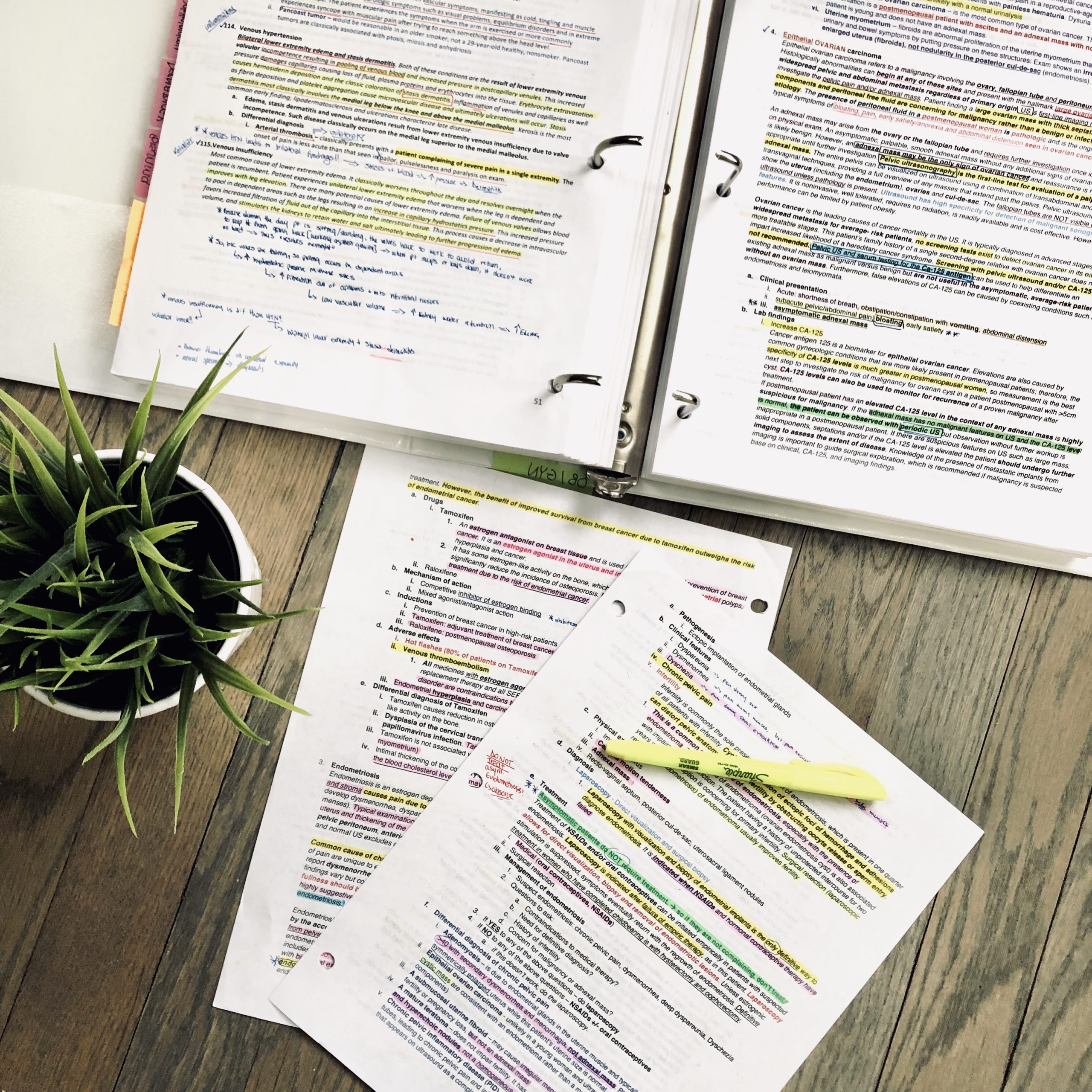Choosing My Medical Specialty
Oh. My. Goodness! Identifying what medical specialty best fits my interest, my priorities, the lifestyle I want, turned out to be very difficult. It is such an important decision and to make it correctly felt like a ton of weight on my shoulders. During third year of medical school, you are taking core rotations but these are NOT the only options. There are a variety of things that you can do with medicine, like sports medicine, hematology, pathology (I will be making a post soon on all the specialities you could go into). We are expected to know what speciality we want by the end of third year, without even having the opportunity to explore other specialties. For example, depending on what school you attend, you might not have emergency medicine as a core rotation, so you would have to wait until your fourth year, once you begin electives to see if that is the speciality for you. Also, other specialties like dermatology, anesthesiology, and so much more, you would have to wait until fourth year to check those out. Medical schools that allow you to do 1-2 weeks of rotation in an elective in-between your core rotations, THEY ARE DOING IT RIGHT!!! This only makes sense, because you might choose a specialty that you think you like but only to find out it isn’t what you thought it was or you aren’t passionate about it.
Something you can do during your summers and times off in basic sciences, is to observe different specialties. In between my basic sciences I observed a dermatologist and a family physician. This was good because the dermatology observership taught me that I needed something far more interesting than skin. Family medicine observership taught me I wanted to not only take care of children, but also adults. This was very helpful. I wish I had done more. All you need is a week really. So, begin to line them up!
Anyway, so, I had to work with what I had and only half way through fourth year did I figure out what I was passionate about. I actually also made a YouTube video sharing the speciality I choose, if you would rather hear me talk about it (click the link). It all worked out in the end, but my story is different and I really hope that you find out your passion sooner because you will need to know by September 15th (towards the beginning of your fourth year) what you are interested in so you apply to that residency program.
How I chose my specialty
During premed years I thought I wanted to be a pediatrician. I love kids and this just felt right. I shadowed a lot of pediatricians and it confirmed that this was the specialty I loved. However, during my FM observership in-between my first and second semester of basic sciences in med school, I realized I want to treat adults as well (this is why you should do as many observerships as possible!!). By the end of second year I knew I did not want pediatrics and dermatology. As I was studying I loved learning endocrinology, cardiology and GI. I kept that in mind and I actually ended up gearing my fourth year electives towards these interest. I did endocrinology and cardiology electives. I had a GI elective set up but I canceled it because I realized what specialty I wanted and instead did sub-I and electives in that specialty.
Once third year began, I began to cross off things that I did not want for sure. Click the links provided below if you are interested to learn about the rotations as well as tips on how to study for the shelf exams and the sources I used.
- Surgery rotation was my favorite of all the core rotations, however, I knew that was NOT the lifestyle I wanted. I wanted to have a life outside of medicine (this also means that I do NOT want to marry a surgeon either).
Surgery.
(Click here for tips on how to do well on your surgery rotation! and Click here for surgery rotation update experience where I vent a little) - Ob/GYN was another favorite, however, I knew waking up 3 in the morning was not something I would learn to love. I LOVE women’s health, but dealing with a very unpredictable schedule would only increase my anxiety that I am trying to take care of.
OB/GYN
(Click here for tips on how to do well on your OB/GYN rotation and sources to use, and Click here for high-yield topics you must study! — These are two separate links for content to help you with getting the best experience). - Psychiatry was eye-opening. It was beautiful to see how someone with uncontrolled schizophrenia change to being “normal” once they were properly medicated. This rotation made me realize the importance of drugs that I once looked at as a problem. However, it also taught me that I wanted more medicine based specialty. Also, I don’t think I am strong enough to listen to pain and sorrow that I could not eliminate straight away or even within time. I hold on to pain subconsciously, so I don’t think I could handle so much — I am working on it.
Psychiatry.
(Click here for tips on how to do well on your psychiatry rotation (and high-yield topics you must study!) - Pediatrics is another rewarding speciality. I love putting a smile on a kid’s face. They are like a clay that still needs to be molded and I wanted to make an impression in their life. I was always told that parents are the ones you really deal with. This is so very true, but I liked that challenge. I believe to have this ability to comfort people, so I think I would have done well. However, I also want to see adults and treat adult patients as well.
Pediatrics.
(Click here for tips on how to do well on your Pediatrics rotation (and high-yield topics you must study!) - Internal medicine was my very first clinical rotation and it was my back-fall residency selection. I used it as my cushion to fall back on. I learned about becoming a hospitalist and that was what I held on to as I crossed off everything else. Endocrinology was another thought, but to specialize into any specialty like pulmonology, endocrinology, cardiology, etc, you need to do 3 years of IM and then a fellowship in that specific specialty. Therefore, I had time to figure what fellowship I would want to go into. I did a sub-I and electives in IM. I loved how much medicine was involved, and I also loved working in the hospital setting. This felt to be the one, however, I kept becoming disheartened as I saw patients on the floor with diseases that could have been prevented. It became more and more important to me to teach and help patients learn about their disease and avoid returning to the hospital for exacerbations in the future. Eventually, I realized that I really want to be at the forefront of preventative care. I want to teach my patients BEFORE they get the disease and if they have the disease then to manage it so that they never end up in the hospital.
Internal medicine.
(Click here for my first vlog of my IM rotation and Click here for my second vlog of IM rotation) - Family Medicine was a core rotation I absolutely loved. I felt connected with the patients, some of which I saw again in their f/u appointments within the 6-week rotation. I loved teaching and connecting and making them laugh. It wasn’t just patients with health problems, but also patients needing check-ups. It wasn’t just children, but people of all ages. I could see more of a specific population, like adult females or geriatrics if I wanted to. I liked the flexibility. I liked the relationship I was forming. And I liked the lifestyle. During the rotation itself, I thought about this specialty, but it didn’t really hit me until I did internal medicine elective rotations that it would turn out to be my passion. I was ignoring family medicine for the wrong reasons, like the stereotype it had as well as the salary. Family Medicine felt like the perfect fit for me and finally the light bulb went off!! My heart was set and I got so excited for the future!!!
- Emergency Medicine is another specialty that I am still interested in, however, I do not want to do this for the rest of my life. It is still something I am going to consider. As a family medicine physician you can do EM in certain areas and if you have a fellowship, you can do it in more areas. I like dealing with crazy situations, but I didn’t know if this was for me forever (also burn out rate is high). SO as the only speciality, it got crossed out, but as an addition, it is still something I am considering. I will find out during residency if this is it. This also holds true to gearing towards women’s health as well during/after residency. Emergency Medicine.
- Endocrinology was too specific for me and after doing an elective in it, it felt boring. I would definitely get REALLY good at it, but I would also get so bored over time.
Endocrinology.
So, what speciality did I choose? Family medicine!
It has the flexibility I want, the broad spectrum fo medicine that I need, the special doctor-patient relationship that I can form! I can do so much with it, including preventative care which is what I REALLY WANT TO BE APART OF! It also has the best lifestyle that I think I will really enjoy. It feels perfect.
This was a long post! I hope that it helped you some way, some how!!! Check out my YouTube channel on all my clinical rotation experiences!! I linked videos above as well as related posts. Let me know if you have any questions! Please, subscribe to my YouTube channel if you find it helpful!
Much Love,
— Mursi
